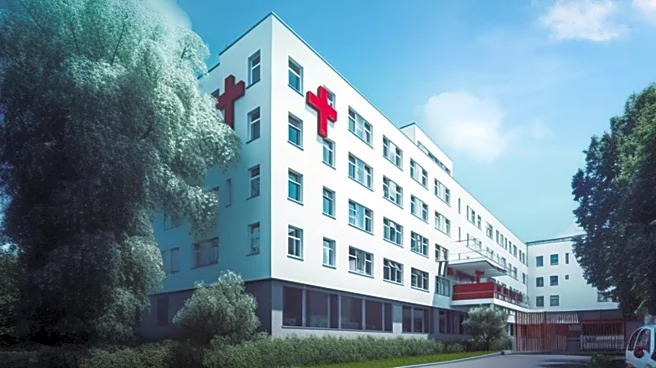What's Happening?
RFID technology is increasingly being adopted in oncology medication management to address the unique demands of cancer care. Oncology pharmacies face challenges such as high-cost injectables, strict stability requirements, and medication shortages, which require precise inventory oversight. RFID provides real-time visibility into medication location, movement, and status, eliminating blind spots and enabling proactive management. This technology helps track high-cost drug inventory, optimize sterile area workflows, and enhance recall and diversion management, ultimately improving patient safety and operational efficiency.
Why It's Important?
The adoption of RFID in oncology medication management is crucial for improving care quality and operational efficiency. By providing real-time inventory visibility, RFID helps reduce waste, ensure timely treatment, and enhance patient experience by minimizing delays. As oncology services shift to outpatient settings, RFID-enabled systems support coordinated inventory strategies across decentralized environments. This technology aids in therapeutic interchange, accurate forecasting during shortages, and regulatory compliance, making it a valuable tool for health systems aiming to optimize medication management.
What's Next?
The momentum toward RFID adoption in oncology pharmacy is expected to grow, driven by the high ROI and critical need for precision in cancer care. As more organizations transition from legacy systems to integrated digital solutions, the oncology space stands to benefit significantly. RFID's role in improving care quality and operational efficiency may lead to broader adoption across other healthcare sectors, further advancing the integration of technology in medication management.











